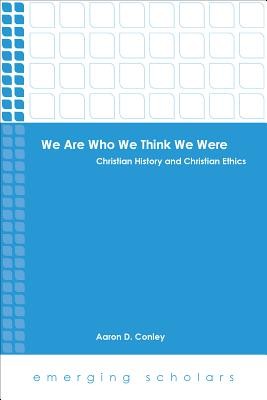
- We will send in 10–14 business days.
- Author: Aaron D Conley
- Publisher: Augsburg Fortress Publishing
- ISBN-10: 1451469314
- ISBN-13: 9781451469318
- Format: 15 x 22.6 x 1.3 cm, softcover
- Language: English
- SAVE -10% with code: EXTRA
Reviews
Description
Conley calls into question the outdated historical methodologies in use in Christian social ethics and outlines the consequences stemming from them. By adopting the postmodern post-structuralist position of historian Elizabeth A. Clark, Conley calls ethicists to learn to read for the gaps, silences, and aporias existent in historical texts as well as in the histories represented by them.
The book calls ethicists to a critical self-reflexive historiography. This self-criticism allows the ability to construct new histories and formulate new ethical norms for the world in which we now live.
EXTRA 10 % discount with code: EXTRA
The promotion ends in 19d.23:44:57
The discount code is valid when purchasing from 10 €. Discounts do not stack.
- Author: Aaron D Conley
- Publisher: Augsburg Fortress Publishing
- ISBN-10: 1451469314
- ISBN-13: 9781451469318
- Format: 15 x 22.6 x 1.3 cm, softcover
- Language: English English
Conley calls into question the outdated historical methodologies in use in Christian social ethics and outlines the consequences stemming from them. By adopting the postmodern post-structuralist position of historian Elizabeth A. Clark, Conley calls ethicists to learn to read for the gaps, silences, and aporias existent in historical texts as well as in the histories represented by them.
The book calls ethicists to a critical self-reflexive historiography. This self-criticism allows the ability to construct new histories and formulate new ethical norms for the world in which we now live.


Reviews